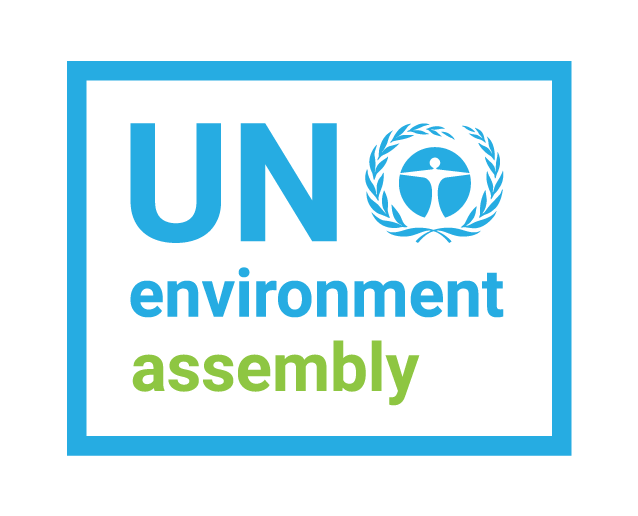UNEA-4 Agreement Does Not Deliver at Scale and Urgency Needed
March 15, 2019
Nairobi, Kenya – At the 4th session of the United Nations Environment Assembly (UNEA-4), member states of the UN Environment Programme failed to meet expectations to confront the ever-growing plastic-pollution crisis threatening our waterways, ecosystems, and health.
At UNEA-4, member states considered several resolutions designed to increase international action to halt plastic pollution. The first, proposed by Norway, Japan, and Sri Lanka, sought to strengthen international cooperation and coordination on marine plastic litter and microplastics, including through considering a possible new legally binding agreement. The second, proposed by India, sought to promote the phase-out of single-use plastics worldwide.
Despite sweeping agreement by the majority of countries that urgent, ambitious, and global action is needed to address plastic across its lifecycle – from production to use to disposal – a small minority led by the United States (US) blocked ambitious text and delayed negotiations. Backed by a strong industry lobby with over $200 billion invested in petrochemical buildout to drastically expand plastic production, the US delegation was able to thwart progress and water down the resolutions, actions that were strongly opposed by many countries, including those most affected by plastic pollution, such as the Pacific Island States, the Philippines, Malaysia, and Senegal. Action-oriented member states did secure, however, the basic elements that will allow the building of future actions, based on the common vision that emerged among the vast majority of countries during the discussions. Most importantly, the mandate of the expert working group established at UNEA-3 was extended to continue its work, including by identifying technical and financial resources or mechanisms, and to report on its progress in considering response options at UNEA-5 in February 2021. The extension of this mandate keeps plastic on the international agenda and provides an opportunity to consider a future legally binding agreement.
Despite the overall disappointing outcome in not making progress at the speed and scale needed, countries remain committed to pursuing international cooperation and coordination to address the plastic-pollution crisis.






